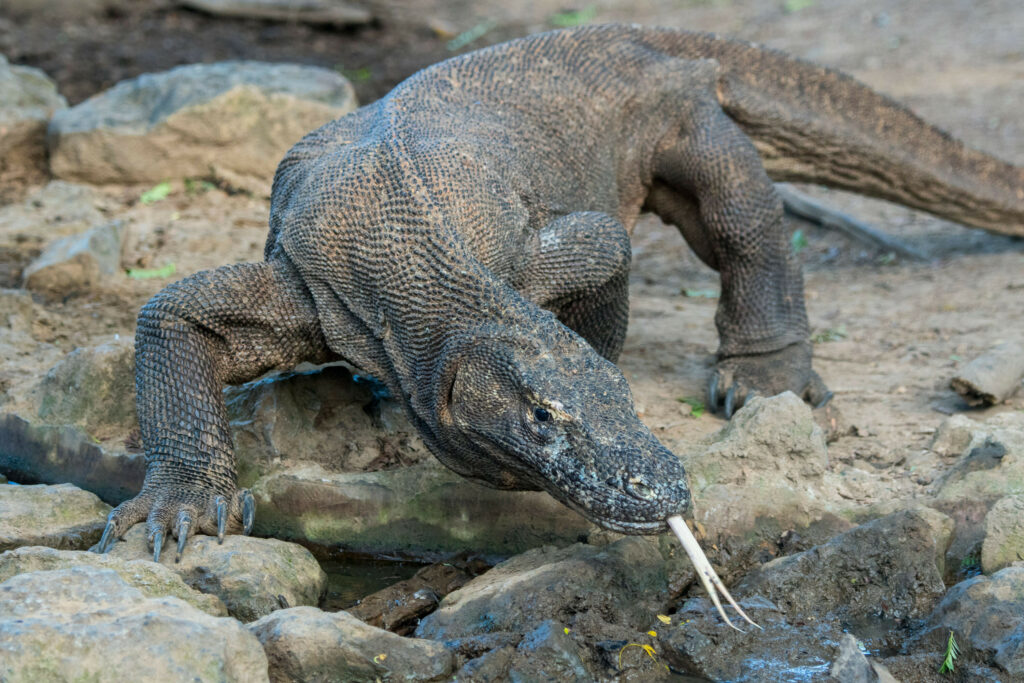Nearly 30% of 138,000 assessed species are facing extinction, group warns

The International Union for the Conservation of Nature (IUCN) reported during its annual Red List update on Saturday in Marseille, France, that despite global improvement at the species level, the number of species that are at high risk continues to grow. The organization said that many regional tuna stocks remain severely depleted. For example, yellowfin tuna continues to be overfished in the Indian Ocean. Their update also included a reassessment of the world’s shark and ray species, which shows that 37% of those species are now facing extinction. All of the threatened shark and ray species are overfished, IUCN reported, with 31% of them further affected by loss and degradation of habitat and 10% also affected by climate change. “We note striking similarities between the shark and ray statistics and recent estimates for plants: about 2 in 5 are threatened with extinction, and habitat loss and degradation present more immediate threats than climate change,” said Dr. Eimear Nic Lughadha, a conservation scientist at the Royal Botanic Gardens, Kew. Additionally, the Komodo dragon, the world’s largest lizard, is now considered endangered due to a significant habitat loss from ongoing human activities and climate change, IUCN reported. “The idea that these prehistoric animals have moved one step closer to extinction due in part to climate change is terrifying — and a further clarion call for nature to be placed at the heart of all decision making on the eve of the COP26, a United Nations climate change conference, will take place in November. Alok Sharma, the president of COP26, “These Red List assessments are proof that sustainable fisheries approaches work, with enormous long-term benefits for livelihoods and biodiversity. We need to continue enforcing sustainable fishing quotas and cracking down on illegal fishing,” said Bruce B. Collette, chair of the IUCN SSC Tuna and Billfish Specialist Group. “Tuna species migrate across thousands of kilometres, so coordinating their management globally is also key,” Collette said.







